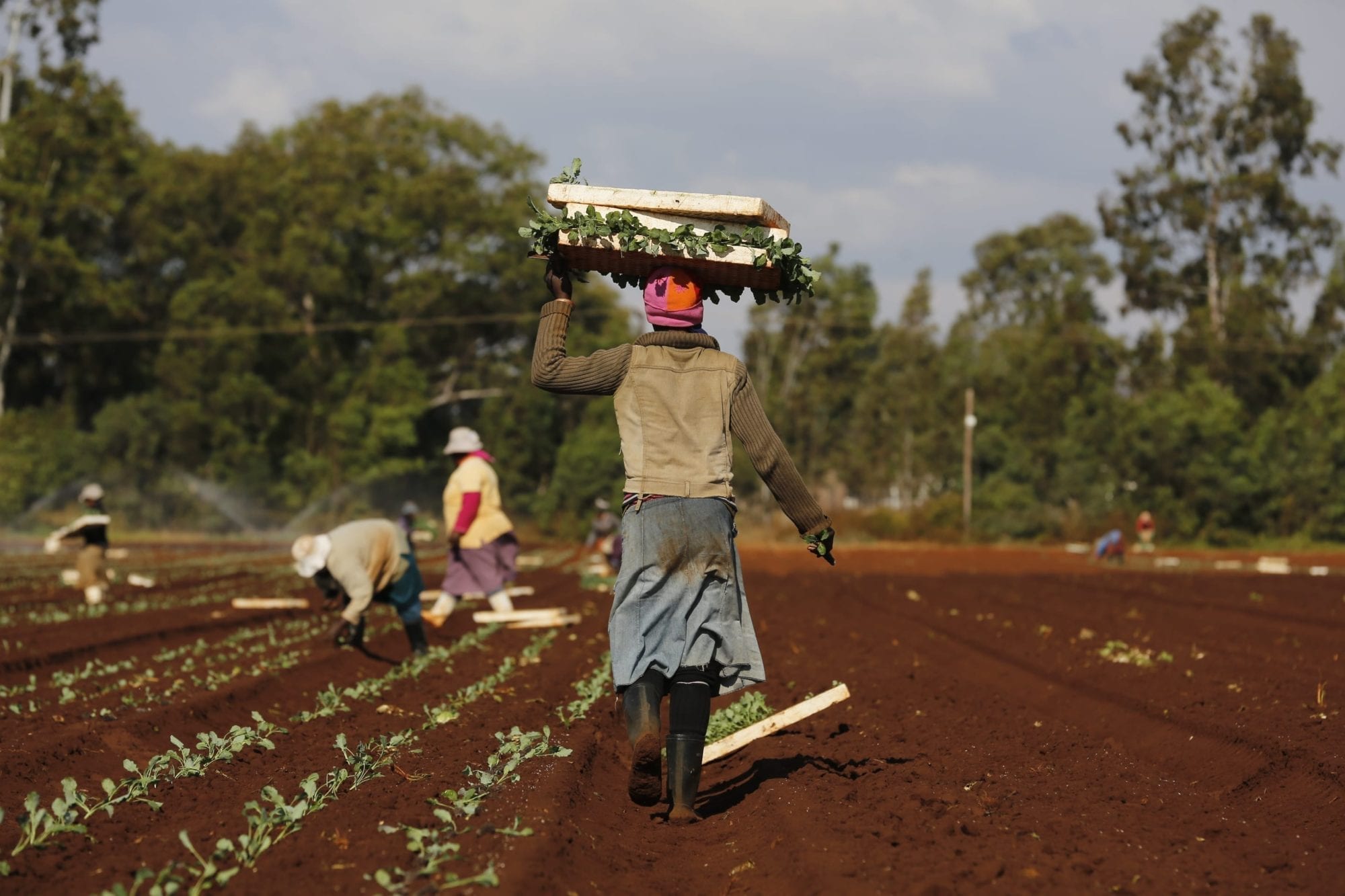
Oct 28, 2016
From vegetable farms in South Africa to palm oil plantations in Peru and olive groves in Morocco, agricultural workers, their unions and associations are joining with the Solidarity Center in improving wages and working conditions and bettering the lives of themselves and their families.
A new Solidarity Center photo essay showcases these workers, who are helping build a united voice to promote the rights of working people along global supply chains in agriculture.
Fruits of Labor: Agricultural Workers Feeding the World, highlights both the hardships and dignity in the working lives of those who toil to feed the world.
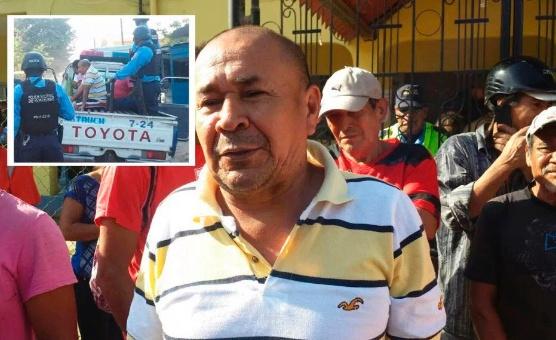
Oct 25, 2016
The leader of a rural land rights organization and a fellow activist were killed in recent days in the northern Honduran department of Colόn, and other activists report escalating threats and intimidation.
José Angel Flores, head of MUCA (Unified Campesino Movement of the Aguán), and MUCA activist Silmer Dionisio George were shot by four men as they left a meeting on Oct. 18. Both men were under police protection after receiving death threats earlier this year, and their murders are part of an ongoing pattern of violence against human rights activists in Honduras, according to union leaders.
The murders of Flores and George bring to 15 the number of Honduran union leaders and members killed over the past year while under protective measures, according to a report by the Union Network against Anti-Union Violence in Honduras. The network is an effort of labor union activists and the human rights nongovernmental organization, ACI-Participa, supported by the Solidarity Center.
None of the perpetrators have been brought to justice.
Death Threats Escalate against Union Leaders
Miguel Lόpez, a leader of the public-sector electrical workers’ union STENEE, who has received death threats, reports that despite taking precautions, he was followed by a black motorcycle twice last week, and his wife also reports being followed. Lόpez lives and works in Tocoa, Colόn, the same zone where the MUCA leaders were murdered.
Nelson Núñez and Patricia Riera of FESTAGRO are receiving death threats for their efforts to help melon workers form unions in southern Honduras. Nunez had received death threats in the past year in relation to his organizing efforts in northern Honduras. ACI Participa and the network denounced the death threats against Núñez and Riera, and called on the Honduran government to safeguard their lives.
The Inter-American Commission on Human Rights (IACHR) ordered the Honduran government to protect Flores and George. Yet also while under IACHR protection, environmental activist Berta Cáceres Flores was murdered in Honduras in March and Héctor Martínez Motiño, president of a local sectional union of Workers of the National Autonomous University of Honduras (SITRAUNAH), was murdered last year. Observers say they saw no police presence near either Martínez Motiño nor Cáceres when they were killed.
Human Rights Groups Urge Perpetrators Be Brought to Justice
The Union Network against Anti-Union Violence in Honduras and its sister organization in Guatemala are calling on the Honduran government to provide private security to activists who receive death threats, given that police protection has failed. The networks are urging the government to investigate all murders and bring to justice the perpetrators—both those who committed the acts and those who planned them.
MUCA, an affiliate of the Honduran national labor center CUTH (Confederacion Unitaria de Trabajadores de Honduras), is a member of the network, which was formed in 2014 to combat impunity and to document and stand up to increasing violence and threats against union activists.
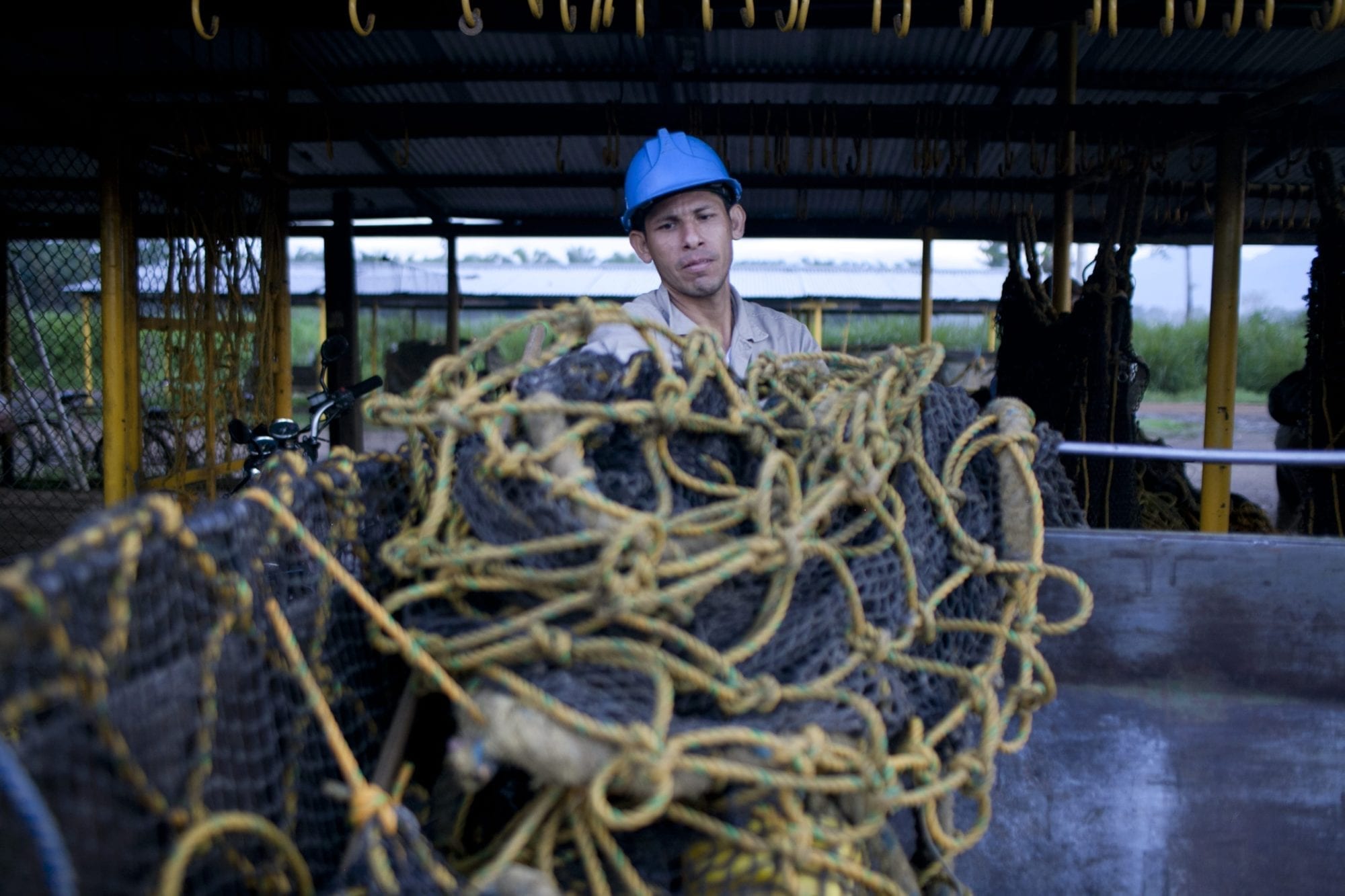
Oct 12, 2016
In the wake of Colombia’s narrow rejection of a peace accord and the subsequent bestowing of the Nobel Peace Prize on the country’s president last weekend, Colombian trade unions vowed to remain part of the process to end the Western Hemisphere’s longest war and work toward a more inclusive society.
On October 2 and to the disappointment of the Colombian labor movement, citizens narrowly rejected a deal that would have ended 52 years of war. The three national trade union centers—the Central Workers’ Union (CUT), Confederation of Colombian Workers (CTC), General Labor Confederation (CGT)—issued a joint statement reaffirming their “commitment to the peace process” and said the labor movement would continue efforts “to bring about an end to the armed conflict” in the country.
The agreement between the Colombian government and the Revolutionary Armed Forces of Colombia (FARC) took more than four years to negotiate. The accord addressed victim rights and reparations, marking a breakthrough for trade unionists, who were officially recognized as victims of the conflict.
Colombia Unions Praise Decision to Award Santos Nobel Peace Prize
In statements, the CGT, CTC and CUT also lauded the decision to award Colombian President Juan Manuel Santos the Nobel Peace Prize for his efforts to end the conflict last weekend. They expressed continued support for, and participation in, an inclusive process that will eventually lead to a sustainable peace.
In addition to ending the war, the accord could pave the way for a national decent work policy, create jobs, expand protections for union action in public spaces and bolster freedom of association rights.
Colombia was long the most dangerous country in the world for worker rights activists. Since 1977, 3,100 union activists and members were murdered, with many cases going unsolved, according to the National Union School (ENS), a Solidarity Center ally.
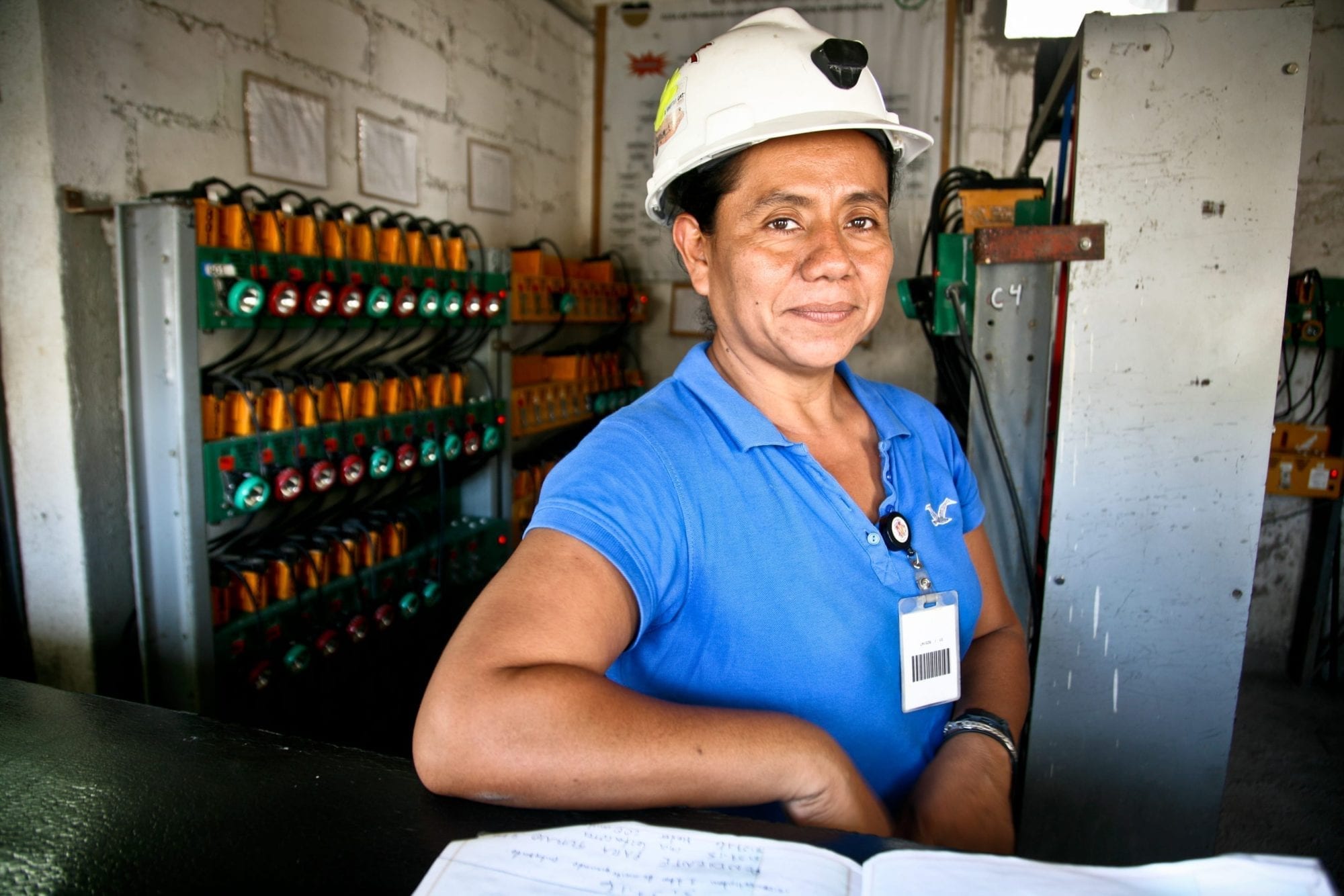
Oct 7, 2016
Workers rights—and the freedom to form unions and freely assemble—are key to achieving human rights, according to a new report by UN Special Rapporteur on the rights to freedom of peaceful assembly and of association Maina Kiai. The Solidarity Center is among organizations contributing to the research.
“This report is a clear call to action to governments and employers to immediately recognize worker rights, and for the broader human rights community to advocate for them,” says Solidarity Center Executive Director Shawna Bader-Blau.
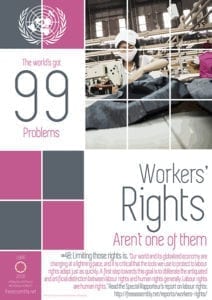 As the report finds: “The rights to freedom of peaceful assembly and of association are … key to the realization of both democracy and dignity, since they enable people to voice and represent their interests, to hold governments accountable and to empower human agency.”
As the report finds: “The rights to freedom of peaceful assembly and of association are … key to the realization of both democracy and dignity, since they enable people to voice and represent their interests, to hold governments accountable and to empower human agency.”
The report, which will be presented to the UN General Assembly on October 20, highlights how the vast majority of the world’s workers are disenfranchised from their rights to assembly and association—rights that are fundamental to all other human rights—either by exclusion or outright oppression.
Among the findings:
- Without assembly and association rights, workers have little leverage to change the conditions that entrench poverty, fuel inequality and limit democracy.
- Millions of informal workers labor in global supply chains, where some of the worst abuses of freedoms of association and peaceful assembly are found—and where migrant workers are often concentrated.
- Discrimination, abuse and relegation to jobs at the bottom of the global economy undermine women workers’ ability to join and form organizations that defend their interests.
October 21 UN Report Launch Event in New York
On October 21, following the official presentation of the report, human rights activists, trade unionists, representatives of UN agencies and other members of civil society from around the world will gather at UN headquarters in New York to discuss this seminal report with Kiai.
(RSVP at information@solidaritycenter.org)
Panelists at the launch event at the UN will discuss freedom of association in the global economy against the backdrop of government and employer repression of trade union rights and freedoms, attacks on the right to strike and the disenfranchisement of the vast majority of the world’s workers from their fundamental human rights to organize—with a special focus on women workers, migrant workers, the business and human rights agenda and governance in an era of global supply chains.
Kiai will keynote the event, which will include speakers from unions in Swaziland, Honduras, Mexico and beyond, along with representatives from Human Rights Watch, ITUC, the ILO, UN Women, and members of the business and human rights communities.
The event is co-sponsored by the AFL-CIO, Ford Foundation, Human Rights Watch, International Trade Union Confederation and the Solidarity Center, among others.
Read the full report.
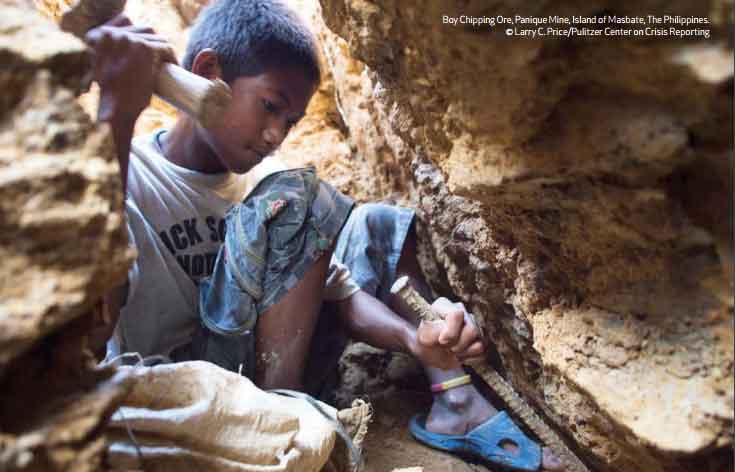
Sep 30, 2016
More than 80 countries have demonstrated they are “upholding their commitments to abolish forced labor and the worst forms of child labor,” according to U.S. Secretary of Labor Thomas Perez, in the Findings on the Worst Forms of Child Labor report released today.
More than 168 million children are toiling under harsh conditions, with more than half of them—85 million—engaged in hazardous work such as mining and construction, which puts their health and safety at risk. The report finds that 16 countries—half of them in Latin America and the Caribbean—made “significant advancements” in combatting child labor. Sixty-eight other countries made “moderate advancements,” including 30 in sub-Saharan Africa and 16 in Asia and the Pacific.
Fifteen countries made “no advancements” in the fight against child labor or were even “complicit in forced child labor,” among them Eritrea, South Sudan, Swaziland and Uzbekistan.
The report, issued annually by the U.S. Department of Labor, evaluated the efforts of nearly 140 countries to eradicate child labor and forced labor through implementing and enforcing laws, increasing labor inspection efforts and creating social programs to assist vulnerable children.
The report is available in a downloadable app, Sweat & Toil: Child Labor, Forced Labor and Human Trafficking around the World.
27 New Industries Implicated in Child Labor
Also released today, the List of Goods Produced by Child Labor or Forced Labor found child labor and forced labor in supply chains for 139 different goods in 75 countries. Some 27 new industries have been implicated since the 2014 list, including the fishing industry in Indonesia and the silk industry in Uzbekistan.
The garment industry in Jordan, on the other hand, was removed from the list, after investigations showed a significant reduction in forced labor in the industry.
The list reveals how child labor contributes to the global supply chains that produce everyday goods—from sugarcane to bricks, coffee to tobacco, diamonds to gold, and electronics, carpets, clothing and footwear.
Eliminating Child Labor Part of UN’s Decent Work Goal
Both reports explain their findings in the context of the United Nation’s new Sustainable Development Goals, an ambitious project to eliminate poverty and increase global prosperity. Goal 8: Decent Work and Economic Growth calls for the eradication of forced labor, human trafficking and child labor in all its forms by 2025.
“Conscious capitalism recognizes that by working collaboratively, governments, businesses, workers, and civil society can do well by doing good,” says Perez.
The “Worst Forms of Child Labor” report is required under the 2000 Trade and Development Act (TDA), and the List of Goods Produced by Child Labor or Forced Labor was first published in 2008, as mandated by the Trafficking Victims Protection Reauthorization Act. Both acts aim to promote global economic growth and build strong international trade partnerships that hinge upon the reduction of child labor, forced labor and human trafficking.





 As the report finds: “The rights to freedom of peaceful assembly and of association are … key to the realization of both democracy and dignity, since they enable people to voice and represent their interests, to hold governments accountable and to empower human agency.”
As the report finds: “The rights to freedom of peaceful assembly and of association are … key to the realization of both democracy and dignity, since they enable people to voice and represent their interests, to hold governments accountable and to empower human agency.”